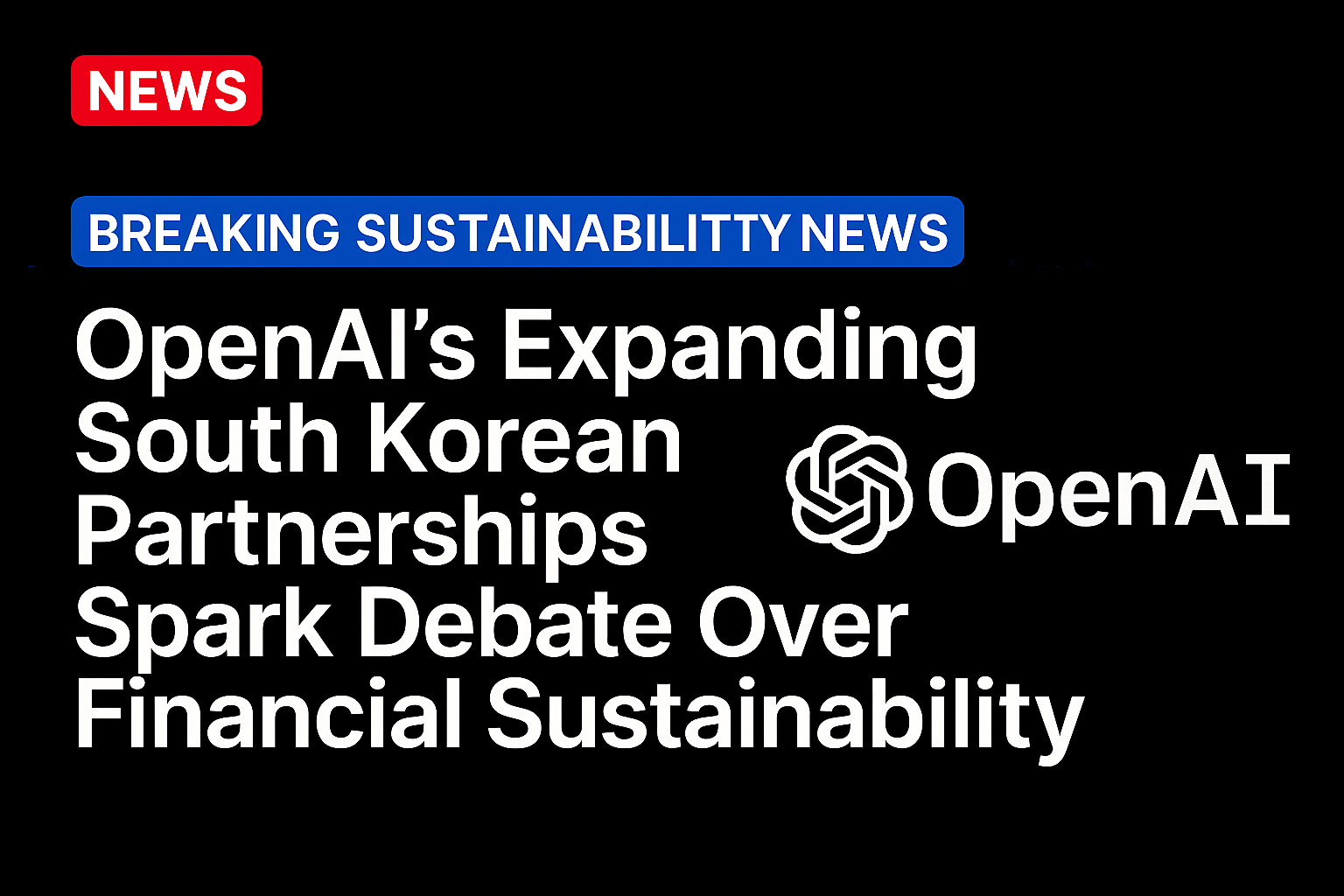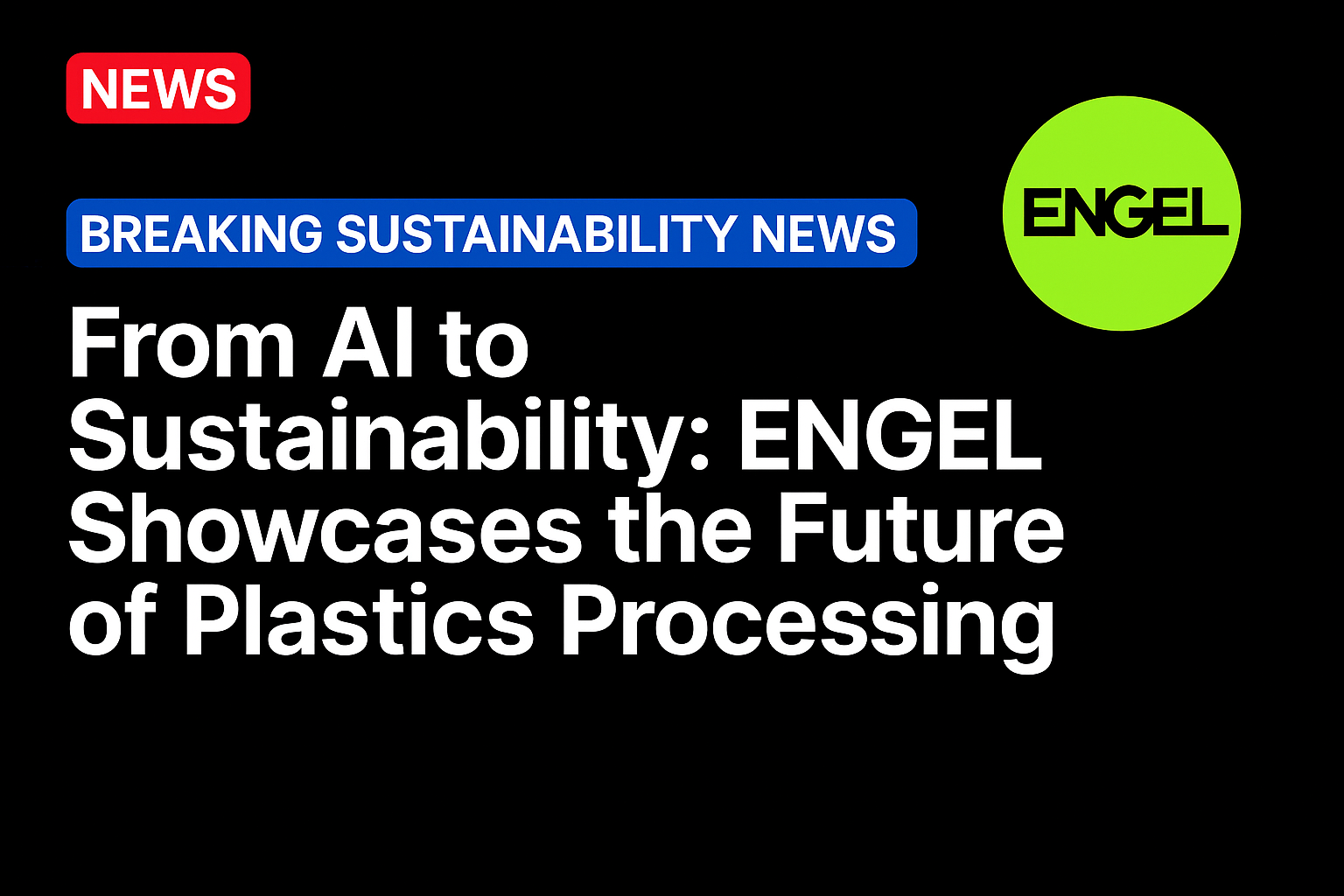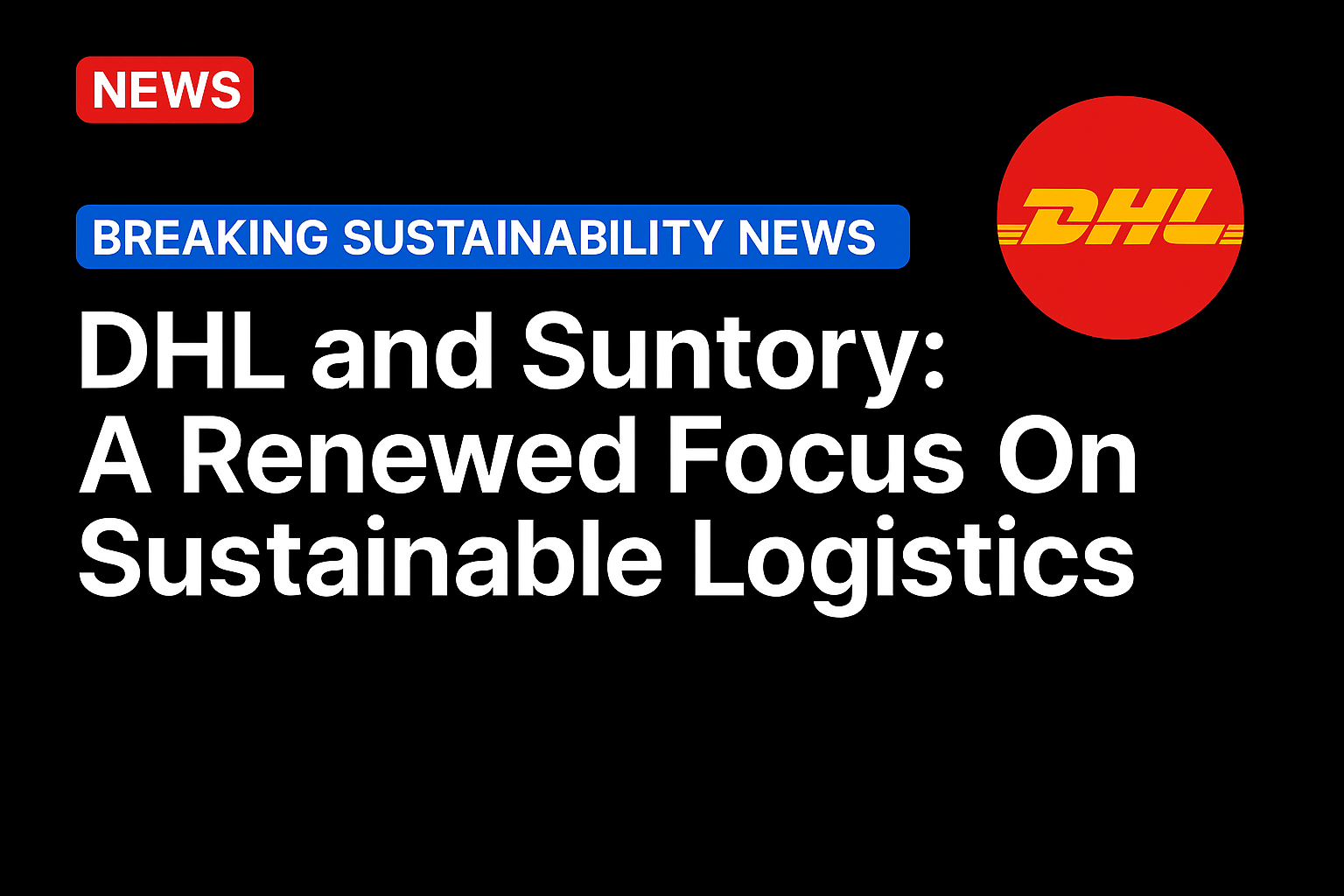Taipei, October 13, 2025 — OpenAI’s CEO Sam Altman is doubling down on global infrastructure expansion through multibillion-dollar partnerships with Samsung Group and SK Group, part of the ambitious “Stargate” AI infrastructure project. However, analysts and industry insiders are voicing growing concerns about the sustainability of OpenAI’s spending as the company reports operating losses exceeding US$7.8 billion for 2025.
Building the Future of AI Through Korean Alliances
Under the partnerships, OpenAI aims to secure a stable and diversified AI infrastructure base, leveraging South Korea’s technological ecosystem. Samsung will contribute advanced HBM and DRAM memory for AI model training and inference workloads, while SK Group is expected to collaborate on green data center infrastructure, AI semiconductor development, and liquid-cooling systems designed for energy efficiency.
These agreements expand upon Altman’s previously announced plan to establish regional AI infrastructure hubs across Asia and the Middle East—part of OpenAI’s broader strategy to gain independence from traditional U.S. hyperscalers such as Microsoft and Amazon Web Services.
Concerns Over Financial Sustainability
Despite its technological ambitions, OpenAI’s escalating operational costs have prompted questions from investors and regulators alike. Analysts estimate the company’s infrastructure expansion, coupled with rising model training expenses, could push its annual capital outlay above US$15 billion by 2026.
DigiTimes notes that Altman’s aggressive expansion strategy—though aimed at securing AI compute dominance—has raised concerns over whether OpenAI can sustain this level of investment without substantial new funding or revenue diversification.
“The partnerships demonstrate OpenAI’s global reach, but they also underscore the risk of overextension,” said one Seoul-based industry analyst. “Building next-generation AI models demands unprecedented hardware scale, but profitability remains uncertain.”
Strategic Vision and Market Implications
Altman’s push into South Korea aligns with his vision to create a self-reliant AI infrastructure ecosystem—one capable of supporting both OpenAI’s current flagship products like ChatGPT and upcoming enterprise-grade AI systems.
The Stargate project is envisioned as a global network of high-density AI data centers designed to handle next-generation large language models and multimodal systems. Industry observers believe this move could position South Korea as a critical AI manufacturing and hosting hub, driving local semiconductor and energy sectors.
However, the partnerships have also intensified scrutiny over how OpenAI balances rapid innovation with fiscal discipline, particularly as global investors demand clearer revenue pathways in the competitive AI landscape.
About DigiTimes Asia
DigiTimes Asia is a leading technology and semiconductor industry publication delivering insights on global supply chains, emerging markets, and infrastructure innovation across Asia.
Source
- “OpenAI’s South Korean Partnerships Raise Questions Over Spending Sustainability” — DigiTimes Asia
https://www.digitimes.com/news/a20251009PD233/openai-samsung-infrastructure-sam-altman-ceo.html





